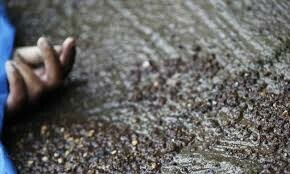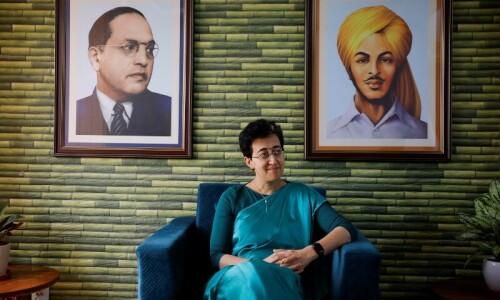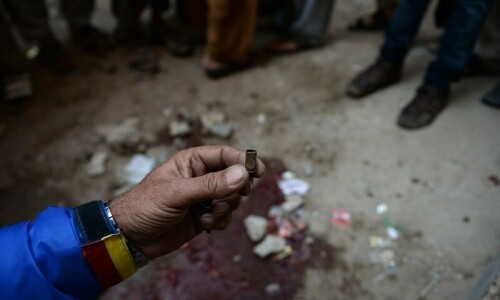DHAKA, Sept 11: Thousands of villagers in South Asia complained of fever and diarrhoea on Thursday as flood waters started receding, exposing victims to threats of water-borne diseases, officials and aid agencies said.
At least 700 diarrhoea patients are turning up every day at Bangladesh’s biggest hospital in the capital, Dhaka.
Authorities said they were forced to erect camps in the parking lot of the hospital to cope with the overflow of patients arriving from flood-hit villages.
The tents, which can hold up to 750 patients, had doctors, nurses and other health workers ready to treat patients, said a doctor at the International Centre for Diarrhoeal Disease Research.
“But at the moment, there is no possibility of an epidemic,” he said.
Army personnel and medical workers were also asked to distribute medicines as water-borne diseases broke out in many areas of the country.
One elderly man died in Bogra district while waiting in a queue for help. A young boy drowned in Faridpur in central Bangladesh on Wednesday, raising the death toll from monsoon flooding to almost 50, officials said.
The deluge swept more than 20 of Bangladesh’s 64 districts and affected nearly four million people, with nearly 200,000 of them forced from their homes.
Across South Asia, about 1,000 people have drowned or died from house collapses and snake bites since heavy monsoon rains began causing flooding in June.
DRINKING FLOOD WATERS: In neighbouring India, at least four people have died from diarrhoea in the eastern state of Bihar, raising the flood-related death toll in the state to 108, officials said.
Authorities estimate about 40,000 flood victims have been treated for various diseases in medical camps after they were displaced by floods unleashed by the Kosi river, which burst a dam in Nepal last month and swamped their homes.
More than 3 million people have been forces from their homes and flood waters have destroyed 250,000 acres of farmlands.
The conditions in relief camps were still very poor.
“The availability of drinking water is too little as compared to the large population displaced by floods,” said Sushil Kumar, a doctor in one of the relief camps.
“People have been relieving themselves not very far from the ... camps, since the entire area is flooded. It’s hell,” he said.
Television pictures showed an old man putting his tattered, dirty turban over flowing flood waters and trying to drink the water seeping through it.
“There is only one hand pump at the relief camp and we have to drink, clean and wash from the same water,” said Shakun Devi of Madhepura in Bihar. “Do we have a choice ?”
Non-government organisations working in the camps said abysmal living conditions could have devastating health implications.—Reuters














































Dear visitor, the comments section is undergoing an overhaul and will return soon.